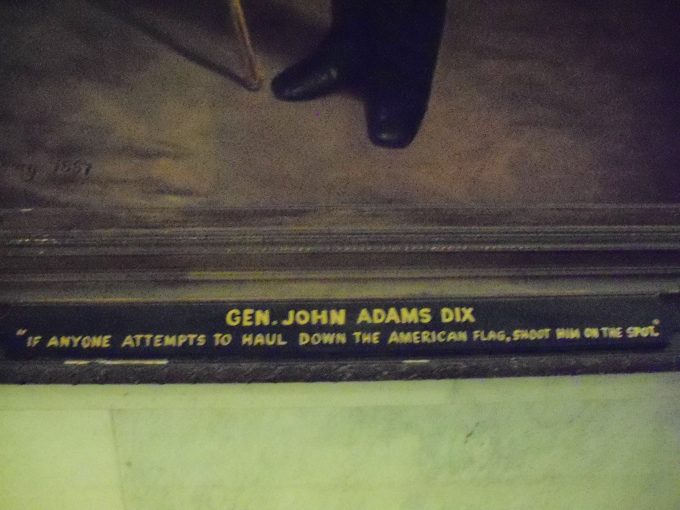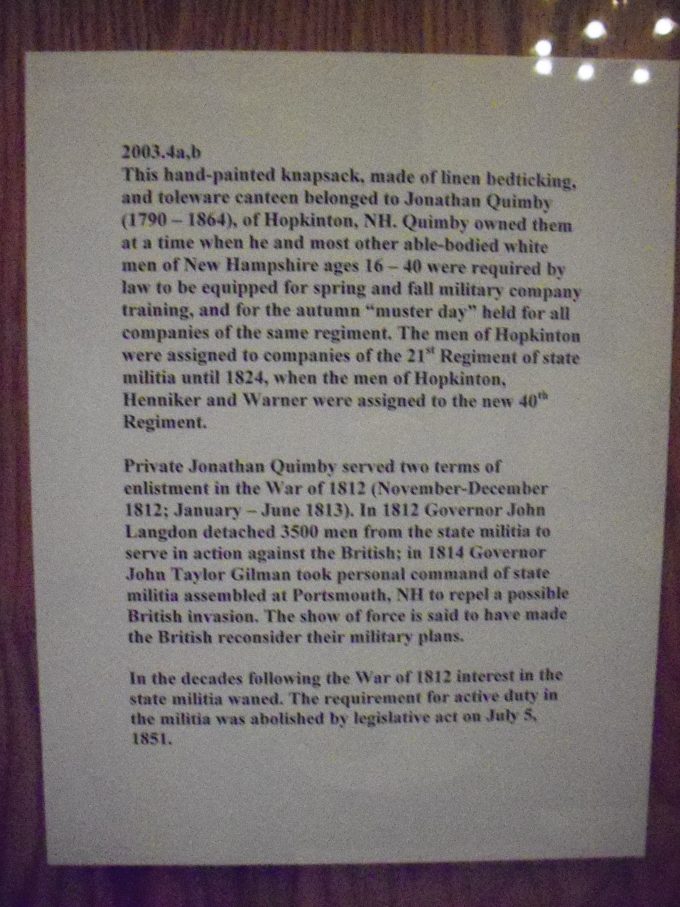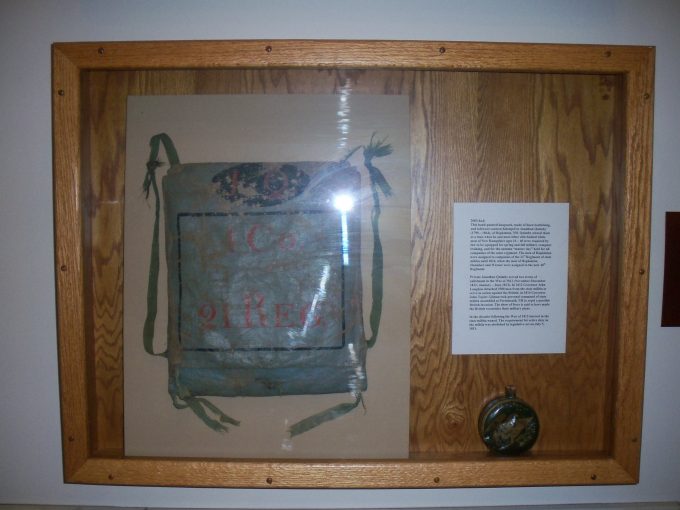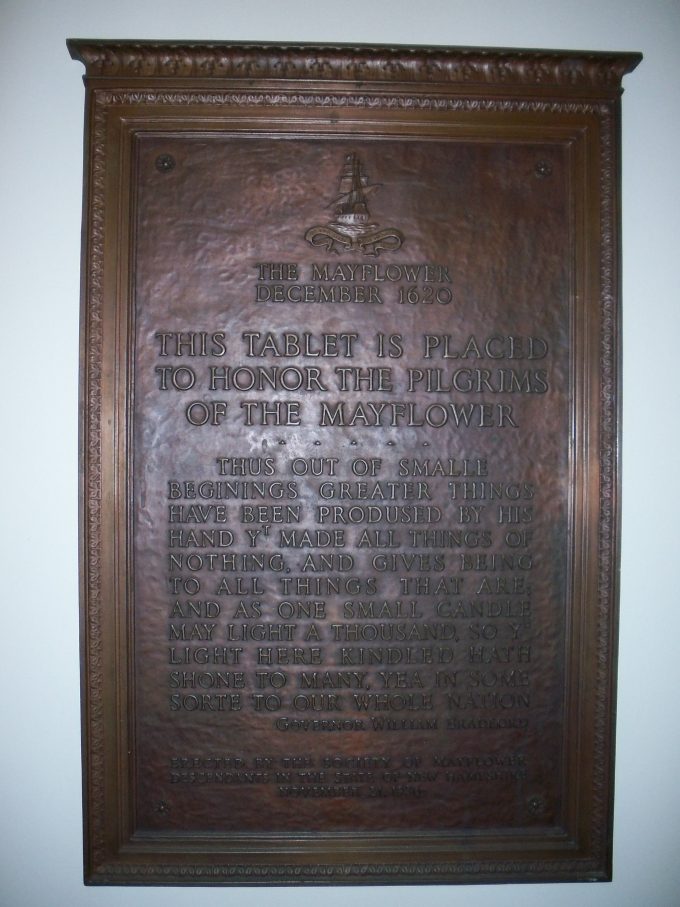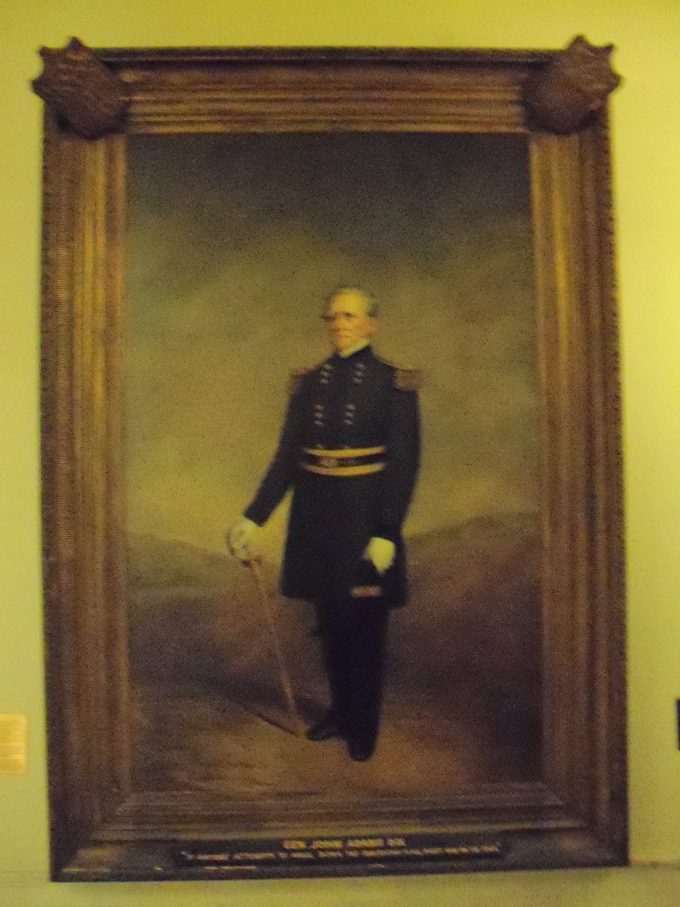
Thursday, 14 March 2019
By faith Abraham, when he was tested, offered up Isaac, and he who had received the promises offered up his only begotten son, Hebrews 11:17
The author now returns to Abraham and his life of faith, once again saying, “By faith Abraham.” In verse 8, it was noted that he was called to move in order to receive an inheritance by faith. The author continued with that thought and included Isaac, Jacob, and Sarah in his words concerning what that meant. Now, still speaking of that same thought, he says, “when he was tested.”
God had promised him an inheritance. By faith, he went to the land which would be received by his descendants as such. But along the way came a test of his faith. This was not because the Lord needed to know the faithfulness of Abraham’s heart, but so that Abraham might know it. Further, it was then to set an example of faithful obedience for those who would read the account and be encouraged to emulate the same faithful obedience to the Lord. And also, the Lord used the account to then show types and pictures of what God would do in His own Son, Jesus. The type, Isaac, anticipated the Anti-type, Christ Jesus. And so it says that Abraham “offered up Isaac.”
The NKJV, following the KJV, misses the intent of what is said. The verb “offered up” is in the perfect tense. Abraham “had offered up.” The intent is to show that while the sacrifice was in the process of happening, Abraham had – for all intents and purposes – actually offered him up in his mind. To him, it was an accomplished fact (see James 2:21).
A promise of inheritance is no good if there is no one to inherit it! And yet, God asked Abraham to offer up the son who was to be the one through whom the promise would be received. As can be seen, the author has not changed the subject at all. He is continuing on with the thought of the promised inheritance. As it says, “and he who had received the promises.” This is speaking of Abraham. The actual promise is found in Genesis 21 –
“So the child grew and was weaned. And Abraham made a great feast on the same day that Isaac was weaned. 9 And Sarah saw the son of Hagar the Egyptian, whom she had borne to Abraham, scoffing. 10 Therefore she said to Abraham, ‘Cast out this bondwoman and her son; for the son of this bondwoman shall not be heir with my son, namely with Isaac.’ 11 And the matter was very displeasing in Abraham’s sight because of his son.
12 But God said to Abraham, ‘Do not let it be displeasing in your sight because of the lad or because of your bondwoman. Whatever Sarah has said to you, listen to her voice; for in Isaac your seed shall be called.’” Genesis 21:8-12
The Lord had spoken the word that Isaac was the son of promise, and it was through him that Abraham’s seed would be called. And yet, in Genesis 22, the Lord asked Abraham to offer up Isaac as a burnt offering. Being faithfully obedient, he “offered up his only begotten son.”
As directed, Abraham followed the instructions of the Lord precisely. In doing so, the typology of the coming Christ was set. The Father would offer the Son, substitution for man’s sins would be effected, and life through Messiah was made possible. The land of inheritance, meaning reentry into God’s paradise, was realized. Canaan is a land which was (and continues to be) only typical of something greater. Abraham didn’t know these things, but God did – even knowing that Abraham would be willing to do them.
Life application: Most people have heard of the account of Abraham and Isaac. It was “by faith” that Abraham was willing to offer up his son – the son of promise. In this verse, the NIV incorrectly states – “his one and only son.” Abraham had another son before Isaac named Ishmael. This error is repeated in the NIV in John 3:16 when the same terminology is used of Jesus, “For God so loved the world that he gave his one and only Son…” In fact, God claimed Israel as a son long before the advent of Jesus – “Thus says the Lord: ‘Israel is My son, My firstborn’” (Exodus 4:22).
This is an important point in understanding redemptive history and divine election. In both Isaac and Jesus, they were the “only begotten” sons of promise, not the claimed “firstborn” sons, and thus we have the resulting concept of divine election. For a list of other “replacement seconds” of note in the Bible, one can refer to this link: http://www.wonderful1.com/page17.html.
In addition to the second replacing the first, there is another wonderful parallel of Abraham/Isaac and God the Father/God the Son. Abraham had his son Isaac carry the wood on his back up the hill just as the Jesus carried the cross up to Calvary. The father was to perform the sacrifice, just as the Father allowed the great, final sacrifice. Both occurred in the same location as is indicated in Genesis 22:14, “In the Mount of the Lord it shall be provided.” Abraham said, “God himself will provide the lamb for the sacrifice.” and this is what happened in Christ – the Lamb of God was sacrificed for the sins of the whole world in the same place about 1900 years later. Truly, on the mountain of the Lord, God provided. Thank God for Jesus Christ our Lord. To watch the sermon, go to this link: https://www.youtube.com/watch?v=qlFD9BEoO3c
Lord, thank you for the wonderful truths which are plainly evident through a study of Your word. Just as the first man, Adam, brought condemnation on all men, so faith in the second Man, Jesus, brings salvation to all who call on Him. Your word is perfect in all it teaches us. Thank You for the treasures it contains! Amen.

